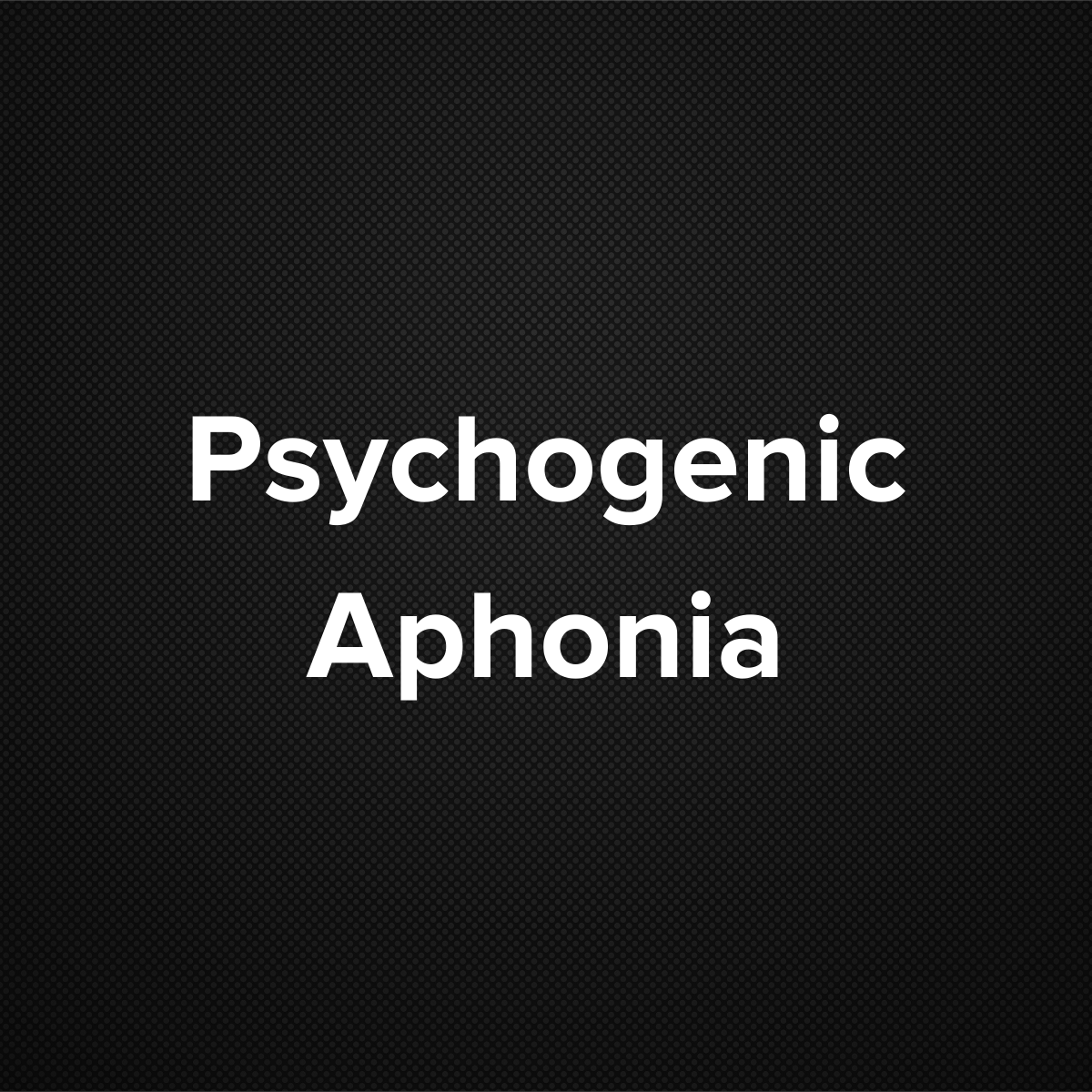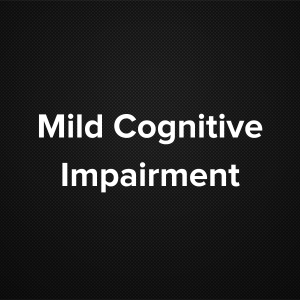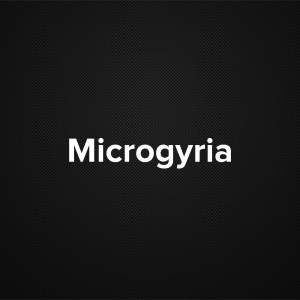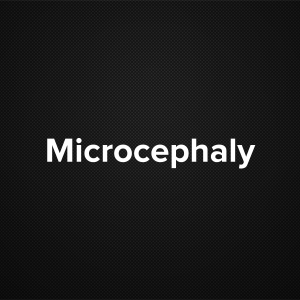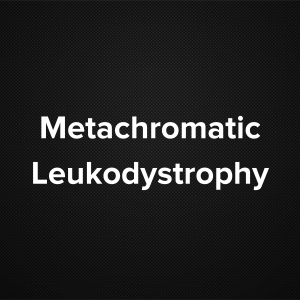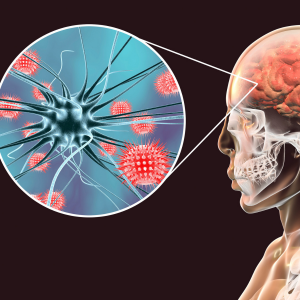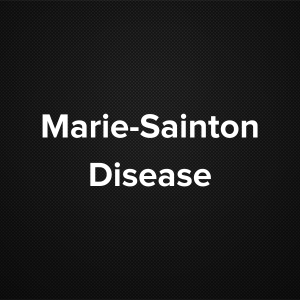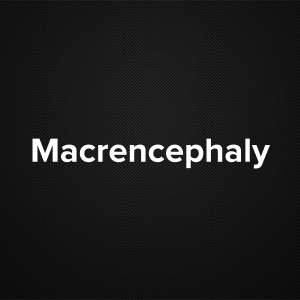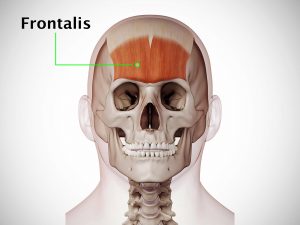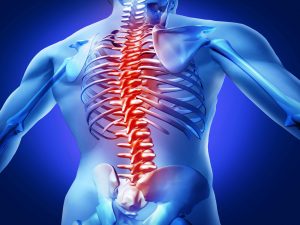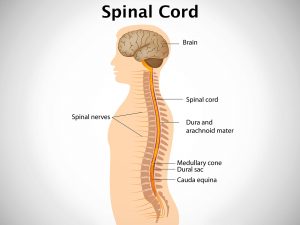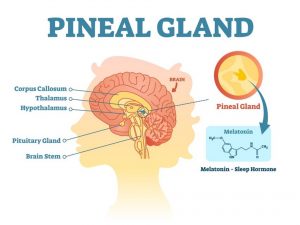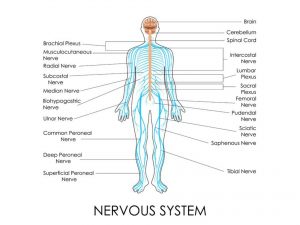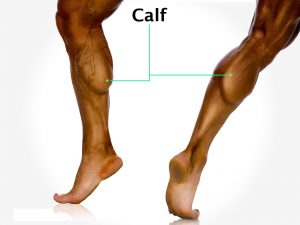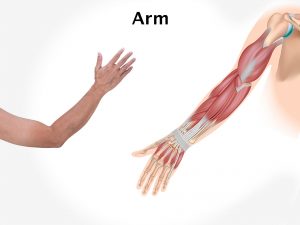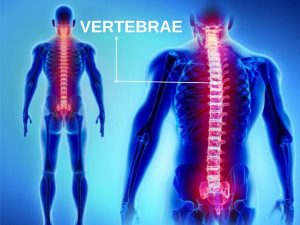Causes and risk factors
Psychogenic factors are responsible for this condition such as severe emotional shock. It occurs in people above 15 years of age. It is common in females.
Clinical presentation
The patient presents with complete or partial loss of voice. Voice is reduced to whisper. There is no hoarseness of voice. Cough may be present. Emotional disturbances may accompany the condition. Patient may appear anxious or depressed. There may be pain in the throat.
Investigation
Medical history by the patient and clinical examination by the doctor helps in diagnosis. EMG [electromyography] can diagnose the strength of neuromuscular signals controlling vocal cords. Laryngoscopy may be done.
Treatment
Treatment consists of persuasion – the patient is asked to cough. Cough is utilized to pronounce the words like ‘Aa-Aa’ and ‘Ba-Ba.’ Speech therapy will also help in managing psychogenic aphonia. Shock treatment like faradic stimulation may help in treating the condition. Psychotherapy may be required for stubborn cases.
Other Modes of treatment
The other modes of treatment can also be effective in treating psychogenic aphonia. Homoeopathy is a science which deals with individualization and considers a person in a holistic way. This science can be helpful in combating the symptoms. Similarly, the Ayurvedic system of medicine which uses herbal medicines and synthetic derivates is also found to be effective in treating psychogenic aphonia.
